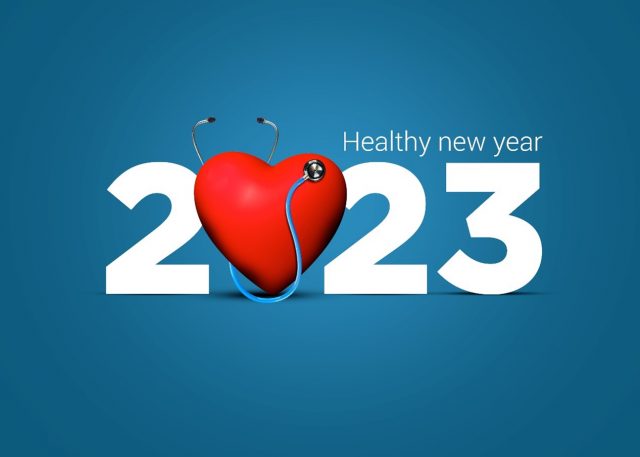As we kick off 2023, it is officially the season of New Year’s resolutions. Dr. Zachary Solomon is a cardiac surgeon who often provides heart health tips to patients, family, and friends. While many New Year’s resolutions fall apart by the time February rolls around, Dr. Zachary Solomon is hopeful that those reading this article will set a resolution to learn more about what they can do to benefit their heart health in 2023 and beyond.
Just like any other cardiac surgeon, Dr. Zachary Solomon is always going to start his heart health advice by noting the benefits of exercise. There are many different studies that suggest carving out an hour a day for exercising, but Dr. Zachary Solomon knows that this can seem like an overwhelming prospect for those who are not yet incorporating daily exercise into their routines. The good news is that any increase in physical activity offers numerous benefits to one’s heart health. For this reason, Dr. Zachary Solomon recommends that people start by setting a schedule of exercising for 20-30 minutes four times a week. This amount of exercise will greatly reduce the risk of heart disease and is much more manageable to obtain. Those who have taken this advice from Dr. Zachary Solomon have often found that they fall in love with how they feel after a workout. As results are accumulated over time people can start to exercise for longer periods or up the intensity of their workouts.
When it comes to the type of exercise that is best suited to improve heart health, it is hard to beat aerobics. While yoga and other less intensive workouts are better than not exercising at all, the best heart health exercises get the heart beating faster. Going back and forth between high intensity and moderate intensity is a great way to get the heart rate up without overdoing it. As a cardiac surgeon, Dr. Zachary Solomon recommends people go from a speed walk to a jog to a run and continue this pattern for the duration of their workout. Most beginners will need to spend the most time walking, but this should gradually get easier to perform over time.
A big part of heart health is managing cholesterol. One of the best ways to lower cholesterol is to commit to strength training. Strength training can also help eliminate muscle loss, which grows in importance as people get older and risk falling. Many people are intimidated by weight training, but this doesn’t mean someone is going to have to lift heavy weights. There are plenty of ways to conduct strength training exercises without the use of any exterior weights at all. Pushups, body weight lunges, squats, and sit-ups can all account for a strength training routine.
Finally, flexibility and mobility training may not directly correlate to heart health, but they are important to our overall well-being. For starters, we significantly reduce our risk of injury when we improve our mobility. Not only does a lack of flexibility hinder our ability to complete aerobic exercises, but it hinders recovery. Yoga and other flexibility and balance exercises will help in healing and even lower stress levels. When our mental health improves, so does our physical health. Eliminating stress through a peaceful Yoga routine can often be exactly what the Dr. ordered.
When people start to incorporate exercise into their weekly routine, the biggest mistake they make is ignoring the importance of nutrition. Fueling the body with proper nutrition is vital for heart health. Dr. Zachary Solomon believes moderation is essential. No one needs to cut out their favorite foods altogether, but they should know that a workout can be wasted in the kitchen. In addition to diet and exercise, Dr. Zachary Solomon recommends that everyone schedules an annual health checkup with their medical professional. Everyone is unique, and no one can offer better health advice than a Doctor who understands your unique medical history.







